
In today’s digital age, having a website is crucial—whether for business, personal branding, or sharing information. But not all websites serve the same purpose. Depending on your goals, the type of website you choose can significantly impact your success online.
In this article, we explore the main types of websites, their functions, and how to choose the right one for your needs.
Business/ Company Websites
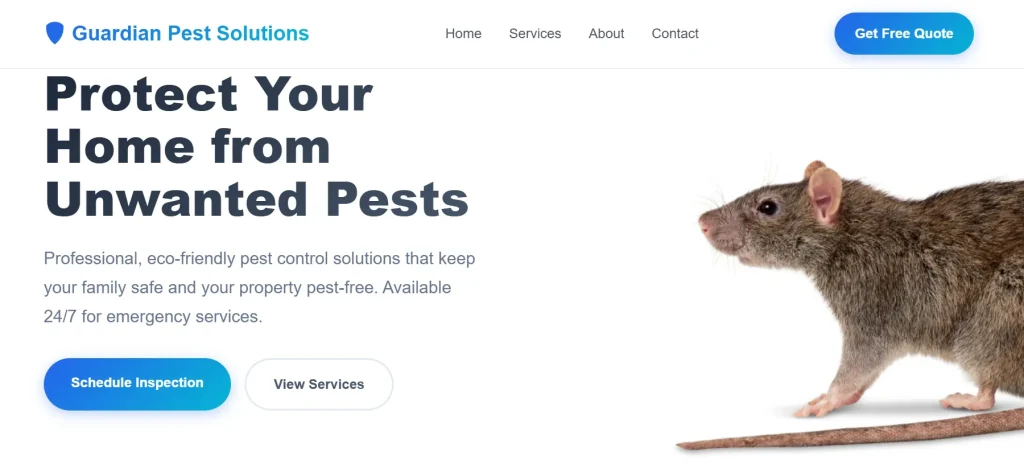
A business website is the online face of a company. Its primary goal is to provide information about the business, its services or products, and how potential customers can get in touch.
Common features of a business website:
- Home, About, Services, and Contact pages
- Call-to-action buttons (like “Get a Quote” or “Book Now”)
- Testimonials and case studies
- Portfolio of works
- Integration with tools like Google Analytics
Whether you’re a startup or an established business, a well-designed company website builds trust and drives leads.
A business website also gives your company a professional presence. It’s your real estate where you can do anything you want.
With many tools to build websites, you can create a website on your own; however, you can hire professional web developers to do all the heavy lifting for you and save you time.
eCommerce Websites/Online Store
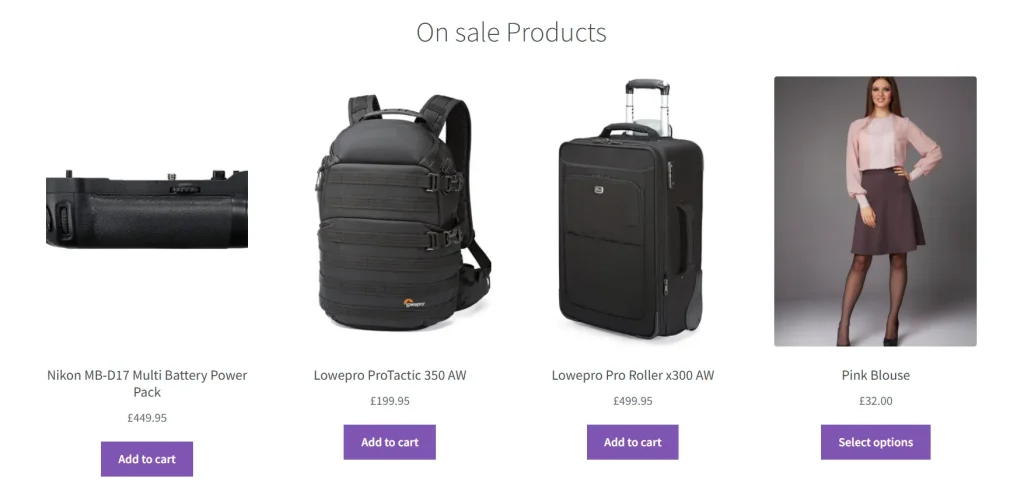
An eCommerce website allows users to buy products or services directly online. This is ideal for retailers, dropshippers, or anyone looking to sell items via the internet.
Key features:
- Product catalog with descriptions and images
- Shopping cart and secure checkout
- Payment gateway integration
- Order tracking and stock management
Popular platforms to build or integrate online stores include Shopify, WooCommerce for WordPress, and Magento
Need an Online Store? Check out our E-commerce website development services
Blog Websites
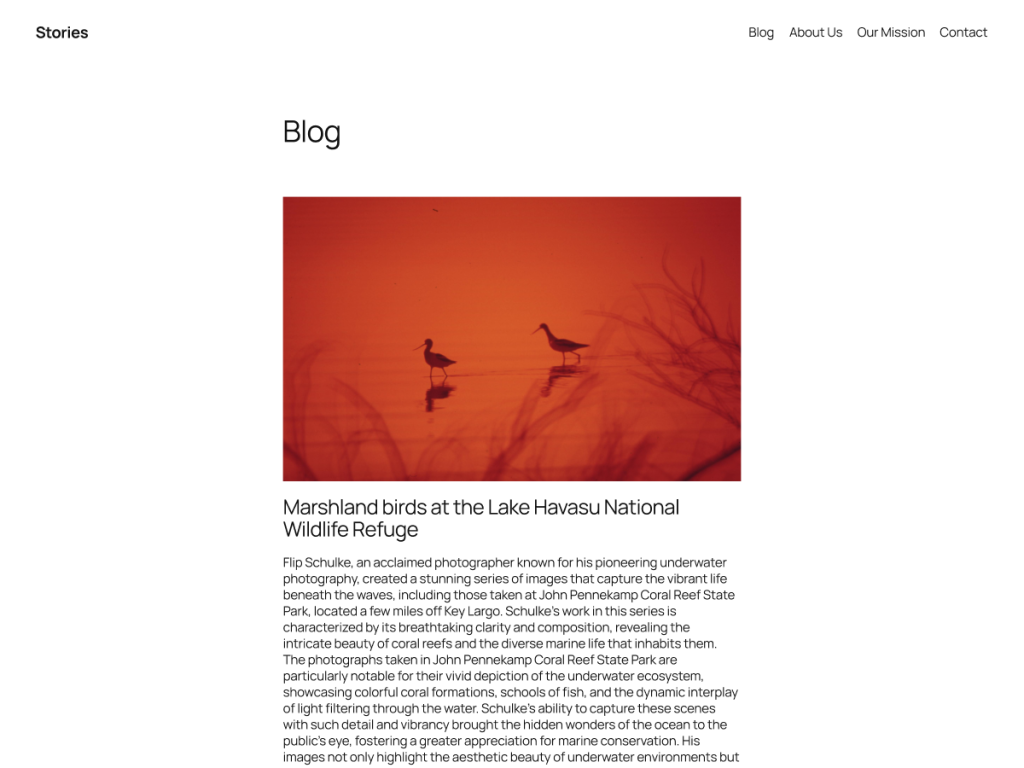
Blogs are content-driven websites where individuals or businesses share articles, insights, or updates.
Common blog features:
- Chronological post display
- Categories and tags
- Comment sections
- Newsletter signup options
Blogs are a great way to connect with an audience and boost visibility. They’re common on most websites for building authority in a niche, sharing personal stories, and improving SEO.
Informational Websites/ Encyclopedias
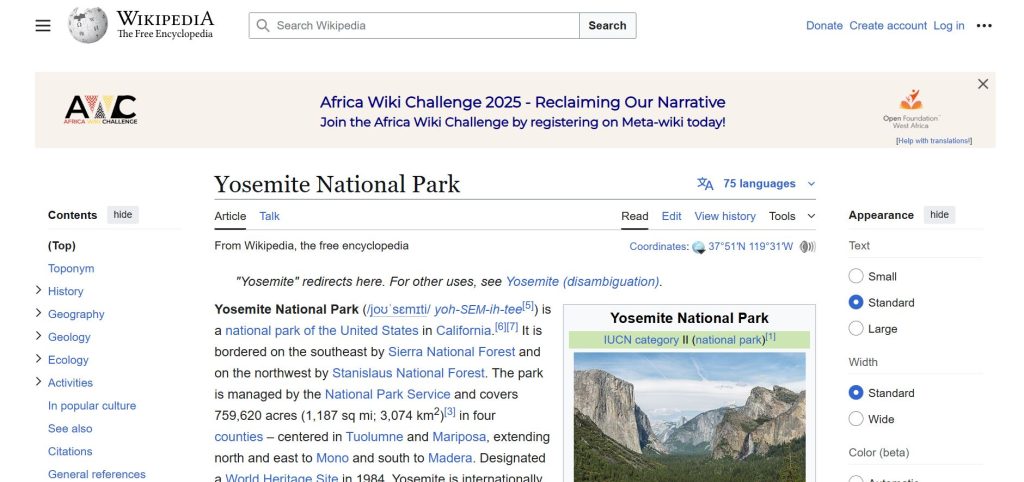
Encyclopedias like Wikipedia and Britannica offer comprehensive information (articles) on a particular subject or subjects.
Key features include:
- Resource pages on various topics
- Comprehensive topic coverage.
- Citations and references
- User contributions
Portfolio Websites/Personal Brand
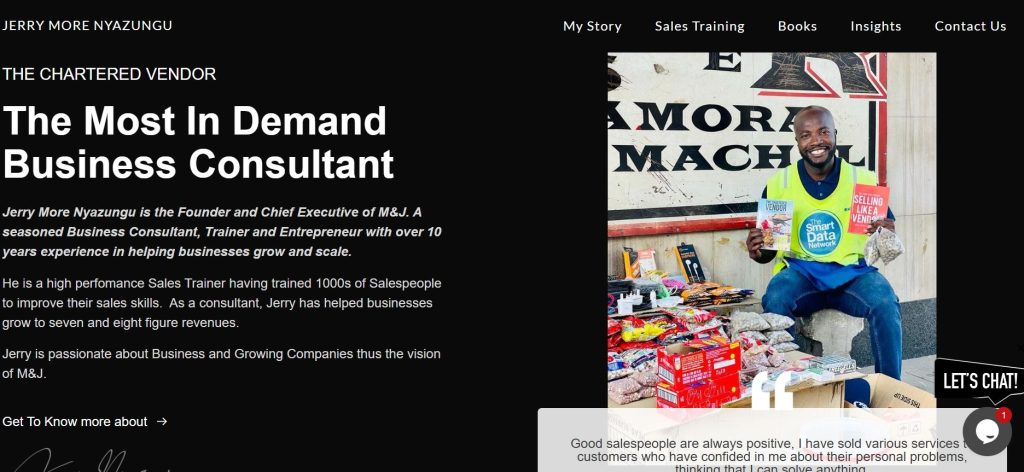
Portfolio websites or personal brands are popular among creatives like designers, photographers, writers, and freelancers. They showcase your work and expertise to attract clients or job opportunities. Jerry More’s Chartered Vendor website is a good example of a personal brand.
Essential components:
- Gallery of projects
- Case Studies
- Skills and accomplishments
- Bio or About Me section/page
- Blog writings
- Resume or CV download
- Contact form or booking option
- Social media links
A strong online portfolio or personal brand can help you get seen by potential clients
Educational Websites
Educational websites are designed to provide knowledge or training. These can range from schools and universities to online course creators.
Features include:
- Learning management systems (LMS)
- School management
- Video tutorials and downloadable resources
- Quizzes and progress tracking
- Certification upon completion
You can build your custom educational website from scratch or use plugins like LearnPress and Moodle, or third-party platforms like Teachable, where you create and host courses.
Custom-built websites offer more versatility and control. However, they can be more expensive and take time to build. If you’re on a tight budget, consider building on top of an existing plugin or platform like LearnPress or Moodle.
Nonprofit and Charity Websites

These websites help raise awareness, encourage donations, and share information about causes or missions.
Core features:
- Donation button or fundraising integrations
- Volunteer signup
- Event pages and updates
- Impact stories and testimonials
Nonprofits benefit greatly from a professional site that builds trust and encourages action.
News and Media Websites
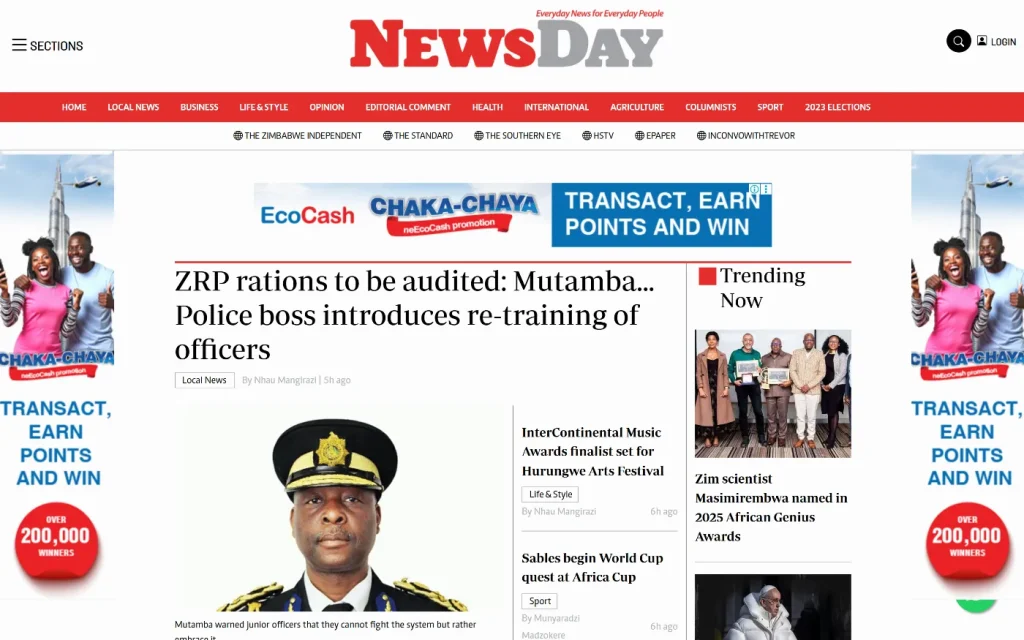
News websites deliver current information, articles, and multimedia content. They often cover topics like politics, entertainment, business, and technology.
Common features:
- Breaking news and highlights
- Categories and tags
- Multimedia content (videos, podcasts, images)
- Ad spaces or paywalls
Forums and Community Websites
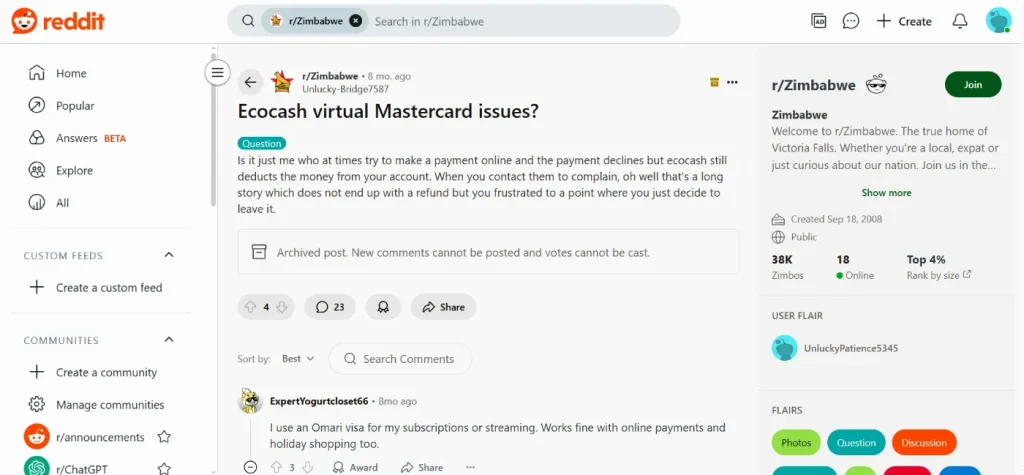
Forums are built for discussions and user interactions. Great examples include Reddit, Quora, or niche-specific forums.
Key features:
- User profiles and registration
- Threaded discussions
- User-generated content (UGC)
- Upvotes/likes
- Private messaging
You can integrate a community or forum on your website to drive engagement and build unique content from user contributions.
Other Website Types
Other types of websites can be custom-built, e.g. social sites, job websites, web systems, web apps, etc.
How to Choose the Right Website Type
When deciding what type of website you need, ask yourself:
- What is the main purpose—selling, information, showcasing, connecting?
- Who is your target audience?
- What functionality do you need (e.g., payment systems, user logins)?
- Do you want to manage content regularly?
Identifying these factors early helps you choose the right website structure and platform.
It is important to note that the above website types do not exist in isolation; a company website can have a blog, forum, and an online store. You’re not limited to what you can do on a single website
Conclusion
There are many types of websites, each designed to meet specific needs. Whether you’re launching a business, selling products, or showcasing your talents, choosing the right type is the first step to online success.
Need help creating your website?
We specialise in company websites, custom websites, eCommerce stores, blog platforms, and more.
